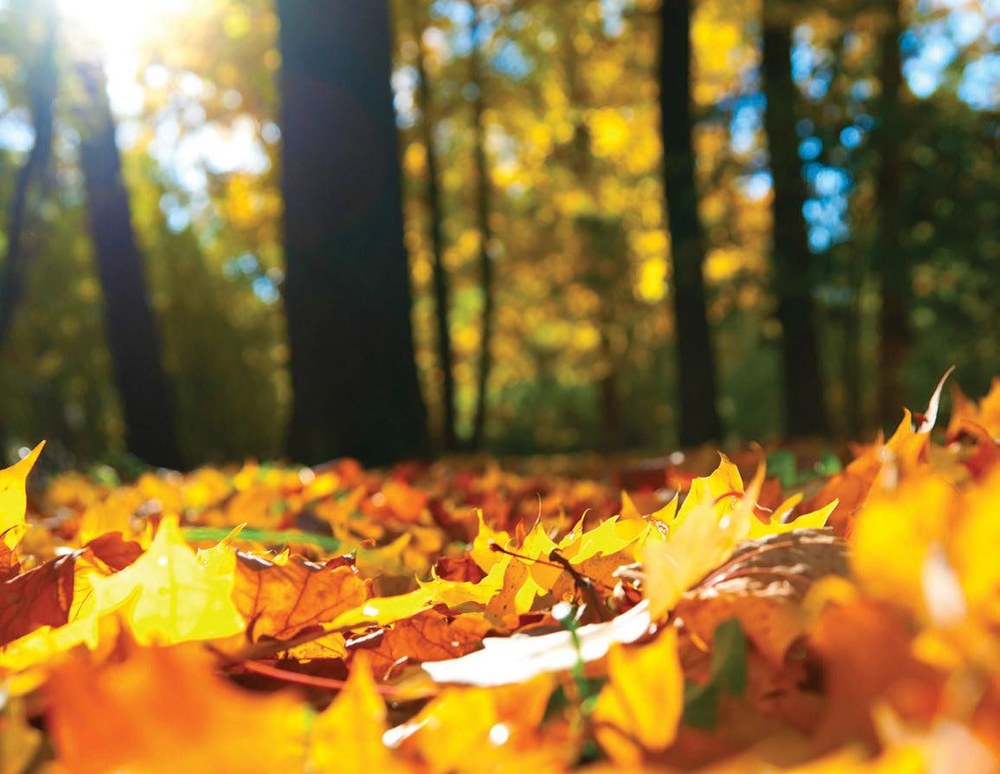
Autumn leaves cover the forest floor
Your land is part of your legacy. You have been a good steward of your land, carefully making decisions about its use. Planning what will happen to your land after you are gone is the next critical step of being a good steward. In fact, it may be the most important step you can take as a landowner—not just for your benefit but for the benefit of your family, your community, and the land itself. Who will own your land, and how will it be used? What will your legacy be?
Begin by thinking about what you want most— to see your land remain undeveloped forever? to maintain family harmony? to ensure financial security? to preserve flexibility for your heirs? You may want to rank your goals in order of their importance, and list any challenges standing in the way of those goals.
There are two important questions that can help drive your legacy planning process: Do you want to determine who will own your land? Do you want to control the use of your land in the future? These questions can help determine the estate planning tools that will help you achieve your personal and financial goals.
Land ownership brings with it many benefits (recreational use, income from forest management) and responsibilities (taxes, maintenance). These benefits and responsibilities can be complicated when there are multiple owners in a direct form of ownership. To reduce the likelihood of disputes, landowners who co-own land may want to consider a land ownership agreement. A land ownership agreement is a contract between two or more persons who own a piece of property together. The agreement typically describes each party’s
A second important question to ask yourself is if you would like to control the use of your land in the future to ensure that some or all of it remains in its natural state. You can determine the future use of your land either temporarily or permanently. A forest management plan can help guide the stewardship of the land in the future. Current use programs are an example of a temporary option for determining future land use. Permanent land conservation can ensure that your land will never be developed or subdivided.
It is common for people to confuse a trust and a land trust. A trust is a legal entity you create to achieve your estate planning goals, whereas a land trust is a nonprofit organization that helps landowners reach their conservation goals. A trust does not protect your land unless provisions are specifically spelled out in it.
It has been said that the only sure things in life are death and taxes; estate planning is about preparing for both. Land is likely one of the most valuable assets in your estate. And due to the historic rise in real estate values, your land’s value may be greater than you think.
The decisions (or lack of decisions) you make about your land will have financial and personal impacts long beyond your passing. Your land is an important but flexible asset that can be used to meet a wide variety of personal goals. Estate planning can be an intimidating and sometimes lengthy process, so don’t delay—take a step today to begin your estate planning process. Formalize your wishes for your land to the maximum extent possible, but get started now. Don’t leave the future of your land and your family’s relationship to chance. Once you have made decisions and created a plan, consider it a living document that will need to be revisited every five to ten years or upon major life changes.
PDF document, 2.0 MB
James C. Finley Center for Private Forests
Address
416 Forest Resources BuildingUniversity Park, PA 16802
- Email PrivateForests@psu.edu
- Office 814-863-0401
- Fax 814-865-6275
James C. Finley Center for Private Forests
Address
416 Forest Resources BuildingUniversity Park, PA 16802
- Email PrivateForests@psu.edu
- Office 814-863-0401
- Fax 814-865-6275

